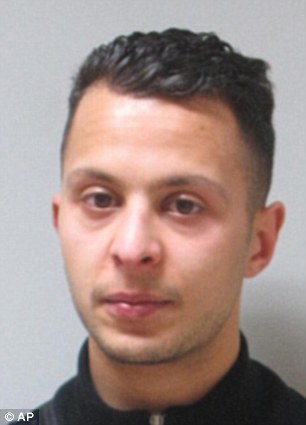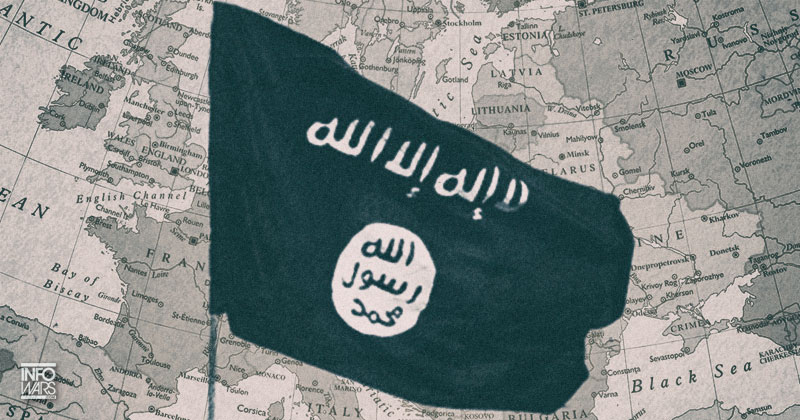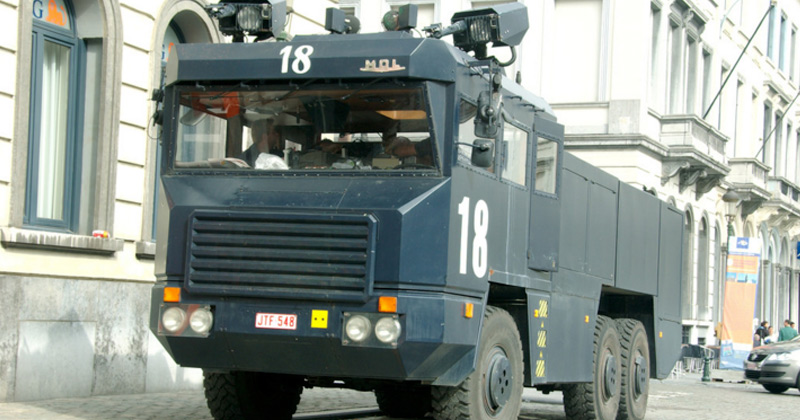
President Donald Trump announced Thursday that he would withdraw the United States from the Paris Climate Agreement, an international pact to work to slow climate change that the U.S. entered last year under an executive order from then-President Barack Obama.
While Trump does have the power to pull the U.S. out of the agreement, it will not be able to happen overnight. Any member must wait three years before they are eligible to withdraw, which is stipulated under Article 28 of the accord.
Each member also has to wait an extra year for the formal notice of withdrawal to take effect, so the U.S. will formally be a party to the deal at least until late 2020, shortly after the next presidential election.
However, the Trump administration will be free to ignore the U.S. pledges to curb greenhouse gas emissions during the time the country is still formally a part of the agreement because the commitments are not legally binding. Trump is also welcome to adjust the U.S.’s portion of the agreement without withdrawing.
There is a second route out of the agreement that the White House could have chosen to pursue: Any member that withdraws from the United Nations Framework Convention on Climate Change, a 1992 environmental treaty, would be out of the deal.
Under the Paris agreement, Obama established some domestic policies like the Clean Power Plan through executive action, which bypassed the then Republican-controlled Senate.
The Trump administration’s plan to rescind that agreement stands in contrast with other major world powers that compete with the U.S., like China and India. Just this year, China agreed to invest $361 billion into renewable fuel over the next three years.
If Trump follows through on his promise, experts agree that greenhouse gas emissions and global temperatures will increase more precipitously than they would have if the U.S. remained party to the accord.
However, the Sierra Club released an estimate that 60 percent of the emissions reductions promised under the Paris agreement could be met by local initiatives were they to replace coal with clean energy. This afternoon, 61 U.S. mayors released a statement reiterating their dedication to “adopt, honor, and uphold the commitments to the goals enshrined in the Paris Agreement.”
Advocacy organizations are also preparing to use lawsuits as a method to delay the dismantling of climate-related programs domestically. Michael Gerrard, director of the Sabin Center for Climate Change Law at Columbia University, tweeted that “the law will need to play a major role in pushing back against the attempted dismantling of our environmental and health protections.”
http://abcnews.go.com/Politics/us-withdrawal-paris-climate-agreement/story?id=47778917








